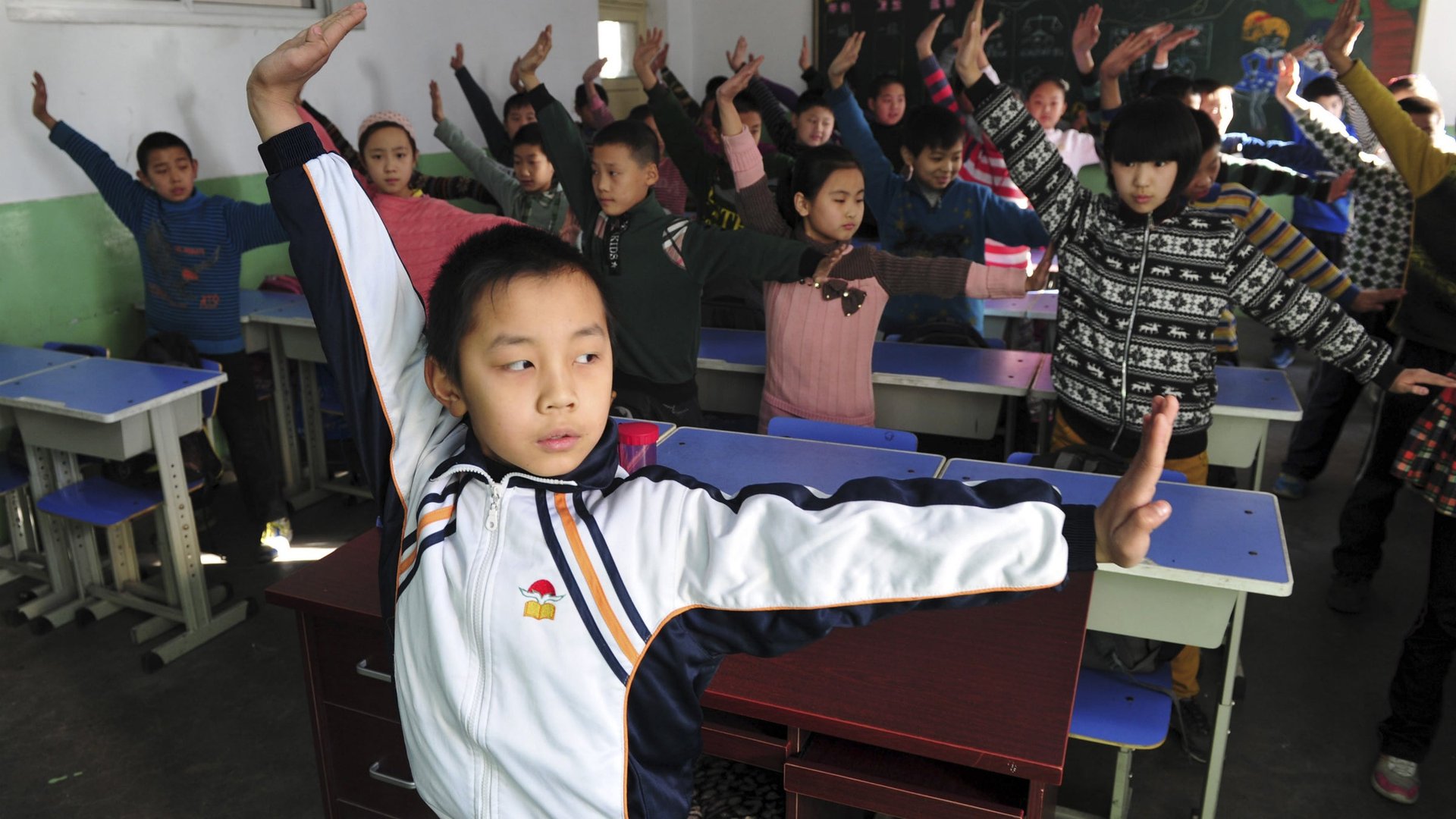Some Chinese cities won’t allow kids with unvaccinated parents back into schools
Just as Beijing adopted draconian measures to curb the Covid-19 pandemic early last year, local governments in Chinese cities and provinces are turning to stricter policies to push residents to get vaccinated.


Just as Beijing adopted draconian measures to curb the Covid-19 pandemic early last year, local governments in Chinese cities and provinces are turning to stricter policies to push residents to get vaccinated.
After a slow start, China’s mass vaccination campaign has gathered pace thanks to various benefits and incentives from local governments, including deploying a popular girl band as vaccination ambassadors, and giving away eggs or store coupons. By the end of June, more than 630 million people in China had received at least one shot, which means the country’s vaccination coverage has reached more than 40% of the population, according to China’s national health authority. In comparison, as of July 13, around 48% of the US population was fully vaccinated while nearly 56% has received at least one shot.
As concerns about the Delta variant grow in China, many local governments have been stepping up measures to accelerate vaccinations.
Guiping, a city in China’s southern Guangxi autonomous region, issued a notice this week that said all adults without health conditions that would prevent them from being vaccinated must be fully vaccinated by the end of August, according to state-owned news outlet the Paper. If parents or other family members of students, defined as those listed on the student’s hukou household registry document, aren’t fully vaccinated by the time the new school semester begins in September, admission to school could be delayed.
In addition, except for those who qualify for exemptions, unvaccinated residents will not be allowed to enter public venues including schools, hospitals, libraries, and museums starting from August, said the notice.
Beiliu, another city in Guangxi, issued a similar notice today (July 14), citing concern over the Delta variant in its order barring the unvaccinated from a wide range of public venues from August 1. It also said kids from unvaccinated families will face delays returning to school in the new semester, according to the city’s government website. Even street vendors in the countryside need to be vaccinated, while companies such as telecom service providers and cinemas are encouraged to provide discounts to the vaccinated, said the notice.
Cities and districts in some other provinces, including Sichuan, Zhejiang, and Jiangxi, will also soon bar unvaccinated people from entering some public venues, according to the Global Times.
It is unclear if such policies can really be enforced, or how long they will survive, although they certainly showcase China’s determination to curb the coronavirus ahead of the Beijing Winter Olympics next year.
China doesn’t have many standardized national policies pushing its vaccination drive, and incentives and mandates therefore vary hugely among different areas. China’s top health authorities and officials have said that while the principle is to encourage people who need vaccination to be vaccinated, the government still respects citizens’ wishes. The authorities have urged some local governments to halt their “inappropriate measures” to make vaccination compulsory.
On Weibo, there is already a strong backlash against the Guangxi cities’ measures.
“So shameless, using kids to threaten us,” a comment under the news of the notices reads. “They have started to force us, just like when they did for the family planning policy,” read another.